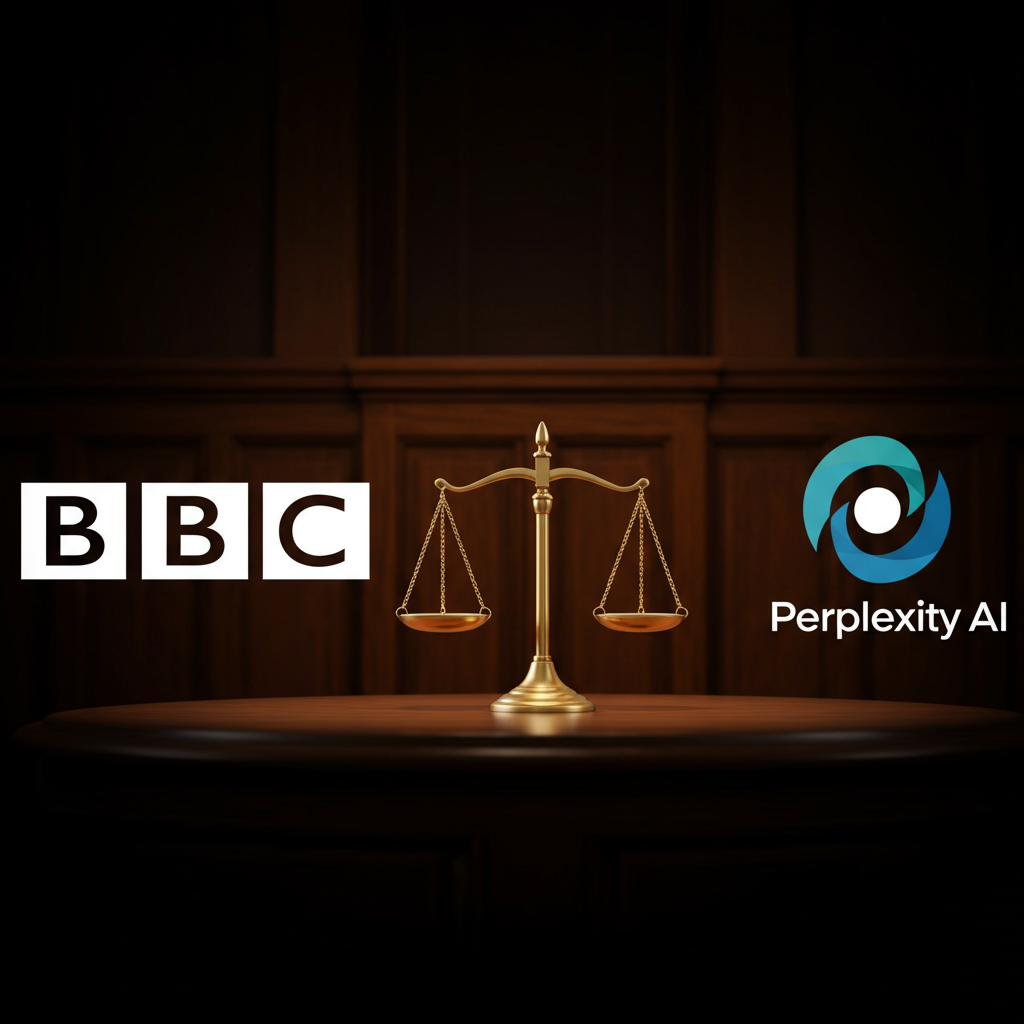The competition for top artificial intelligence talent has reached staggering new heights, with OpenAI CEO Sam Altman claiming rival tech giant Meta is offering jaw-dropping sums to lure away his employees. According to Altman, some of the offers from Meta include “giant offers” and “$100 million plus” simply as signing bonuses, with even higher figures potentially offered in total annual compensation.
Speaking on his brother Jack Altman’s Uncapped podcast, the head of the company behind ChatGPT described the offers as “crazy” and substantial enough to target “a lot of people” within OpenAI. To put the figures in perspective, reports suggest these offers could be roughly five times larger than the widely reported $20 million compensation package offered to football superstar Lionel Messi when joining MLS side Inter Miami.
The High-Stakes AI Talent War
Meta, the parent company of Facebook, Instagram, and WhatsApp, is aggressively investing billions to expand its AI capabilities and compete head-on with industry leaders like OpenAI, Google, and Microsoft. CEO Mark Zuckerberg has publicly stated Meta aims to spend at least $60 billion on AI this year alone to become a leader in the field.
This strategic push involves not just internal development but also actively recruiting talent from competitors. While OpenAI appears to be a prime target, reports indicate Meta has also been successful in attracting researchers from Google DeepMind. Notably, former DeepMind researcher Jack Rae has reportedly joined Meta’s new ‘Superintelligence’ team, which is expected to be led by Alexandr Wang, the founder and CEO of Scale AI. Meta recently invested heavily in Scale AI with a deal reportedly worth over $10 billion, securing Wang’s expertise for their AI ambitions, including work on superintelligence.
Industry analysts underscore that such colossal sums reflect a widespread belief in the tech sector that a small group of elite AI researchers and engineers can provide a decisive competitive advantage. This talent acquisition race is seen as a “high-risk, high-reward gamble” amidst “extraordinary levels” of investment pouring into the AI “gold rush.” Talent is considered its “most precious and fiercely contested resource,” capable of defining the future direction of AI models and infrastructure.
Why OpenAI Staff Are Staying (So Far)
Despite these immense financial incentives from Meta, Altman asserts that “at least so far,” none of OpenAI’s “best people” have accepted the offers to jump ship. He attributes this retention success primarily to OpenAI’s “really special culture” and its core “mission” focused on achieving artificial general intelligence (AGI) and, ultimately, superintelligence – AI that vastly surpasses human cognitive abilities.
Altman believes OpenAI offers a “much better shot at delivering on superintelligence” compared to Meta. He suggests that the potential “economic awards and everything else flowing from that” ambitious mission also play a significant role in keeping staff motivated to stay.
He contrasted OpenAI’s approach with Meta’s heavy reliance on guaranteed compensation as the main recruitment tool, suggesting such a strategy is unlikely to foster a truly “great culture.” While respecting many aspects of Meta as a company, Altman was critical of their innovation track record, stating he doesn’t view them as a company that’s “great at innovation.”
This intense competition for AI talent is just one facet of the broader rivalry among leading figures in the tech industry, who often use platforms like podcasts to offer sometimes pointed appraisals of their competitors’ strategies and capabilities. As investment in AI continues at a breakneck pace, securing and retaining the world’s top AI minds remains a critical battleground shaping the future of this transformative technology.



